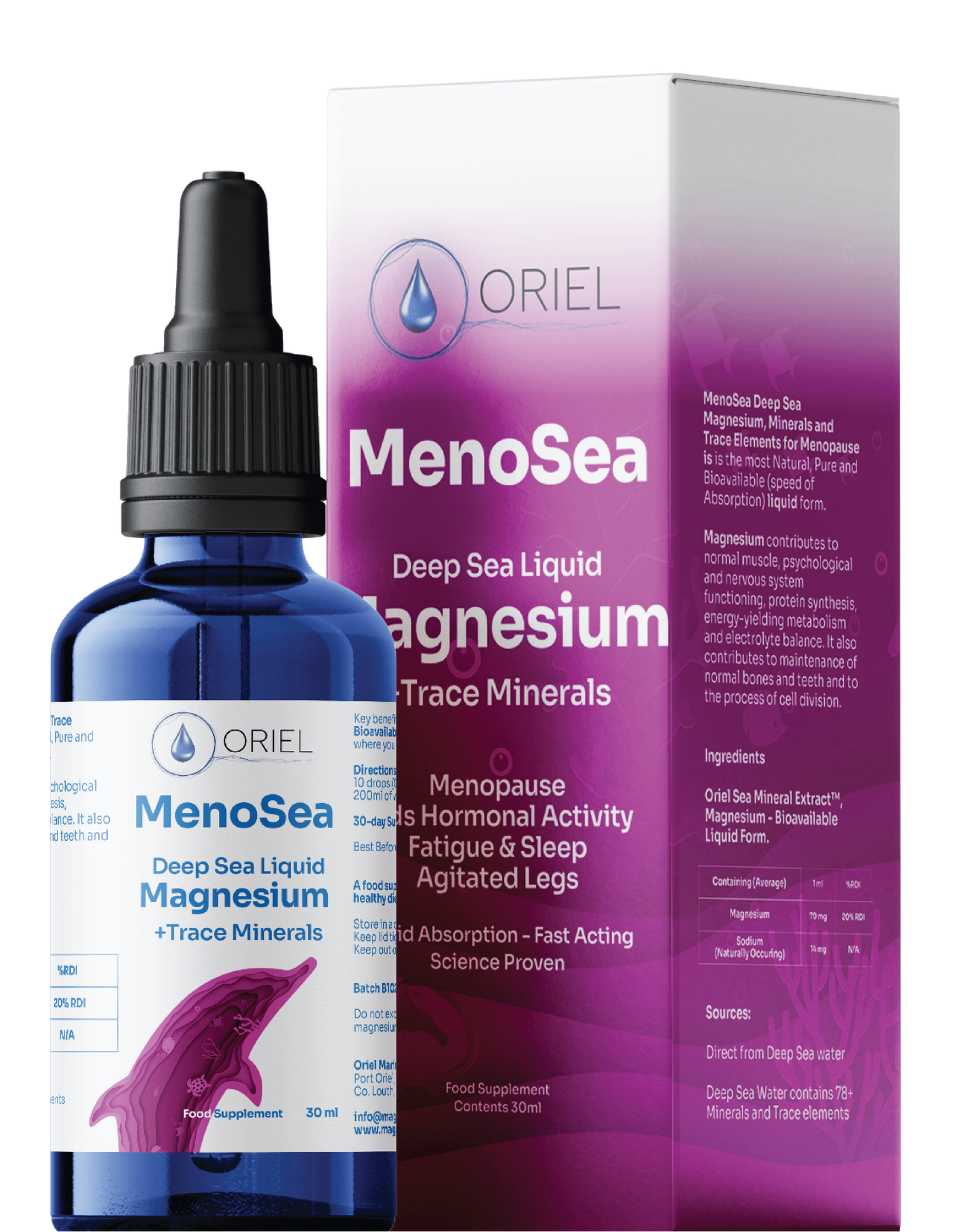
The Surprising Connection Between Coffee and Magnesium Depletion
Share

While coffee can be a good way to start our day, it also has pros and cons for our health. Drinking coffee lowers your calcium and magnesium levels. Due to its wide range of benefits, it is understandable why people depend on coffee.
But did you know that this habit could be depleting your magnesium levels?
Magnesium is vital for numerous bodily functions, yet many people are unknowingly deficient in it. In this blog, we’ll explore the surprising link between coffee and magnesium depletion, the impact this has on your health, and how you can counteract it.
Significance of Magnesium
Magnesium is one of the most essential minerals in the human body. It plays a crucial role in over 300 biochemical reactions, including those that regulate muscle and nerve function, blood sugar levels, and blood pressure. It is also the key component involved in the production of protein, bone development, and DNA synthesis.
Despite its importance, magnesium deficiency is surprisingly common among many. A lack of magnesium in the body can lead to symptoms such as cramps, fatigue, irregular heartbeats, and even more serious health problems.
Effect of Coffee on Magnesium Levels
Coffee does not directly affect the magnesium levels already present in your body; however, it does affect your body’s absorption of magnesium.
Caffeine is a diuretic, which means that it increases your body's urine output by stimulating your kidneys and causing them to release more sodium and magnesium into the urine. This diuretic effect may not seem like a big deal if you’re an occasional coffee drinker. For those who consume multiple cups daily, it can lead to a noticeable drop in magnesium levels.
Several studies have indicated that excessive coffee drinking can lead to a magnesium deficiency. Both the acid and caffeine in coffee affect how much your body absorbs magnesium. Drinking decaffeinated and deacidified coffee may help reduce the impact on your body's mineral balance.
Symptoms of Magnesium Deficiency Due To Coffee
Wondering if your coffee habit has already affected your magnesium levels? Here are some common symptoms of magnesium deficiency to look out for.
- Muscle cramps or twitches
- Fatigue and low energy levels
- Difficulty sleeping
- Increased anxiety and irritability
- Irregular heartbeat
Enjoy Your Coffee Without Losing Essential Nutrients
Don’t worry, this doesn’t mean you have to give up your beloved morning coffee. The key is finding a balance. If you’re a regular coffee drinker, taking steps to replenish the magnesium your body loses is essential.
Limit your coffee intake. Try to stick to one or two cups a day. If you find it hard to cut back, consider switching to decaf or drinking herbal teas, which are gentler on your magnesium levels.
Drink plenty of water throughout the day, especially if you’re having coffee. Coffee’s diuretic effect can contribute to dehydration, which can further worsen magnesium depletion. To counter the effects of coffee, take magnesium supplements or incorporate magnesium-rich foods into your diet.
Balance Your Magnesium Levels With Oriel Magnesium Rebalance
A high-quality magnesium supplement is one of the most effective ways to counteract magnesium depletion. Magnesium to Re-Balance is an excellent option. It’s formulated to replenish your body’s magnesium levels and help maintain them, even if you're a frequent coffee drinker.
Its liquid form is highly bioavailable and offers other amazing benefits. Magnesium Rebalance helps you feel better, sleep better, and improve your health by regulating your hormones and boosting energy levels. So order your magnesium drops today and take a step towards better well-being.
Frequently Asked Questions
How can I prevent magnesium depletion if I drink coffee regularly?
You can prevent magnesium depletion by drinking coffee in moderation, increasing the amount of magnesium-rich foods in your diet, staying hydrated, and considering magnesium supplements.
Does decaffeinated coffee also cause magnesium depletion?
Decaffeinated coffee has a much lower caffeine content, so it’s less likely to cause significant magnesium loss compared to regular coffee.
How much magnesium should I take if I drink coffee daily?
The recommended daily intake of magnesium varies by age and gender, but for most adults, it's around 300–400 mg per day. If you drink coffee regularly, you may benefit from taking magnesium supplements or eating foods rich in magnesium.

